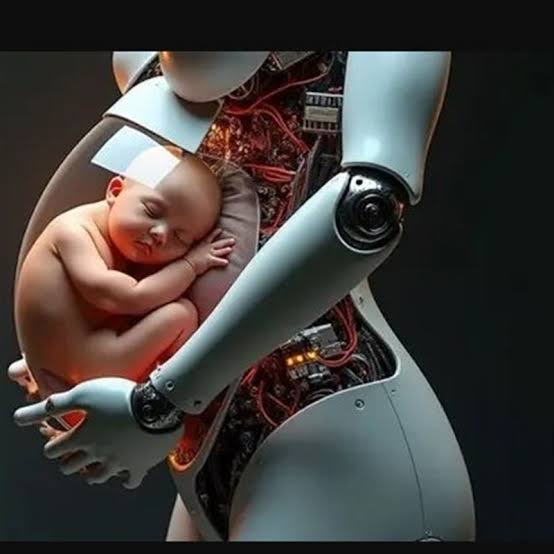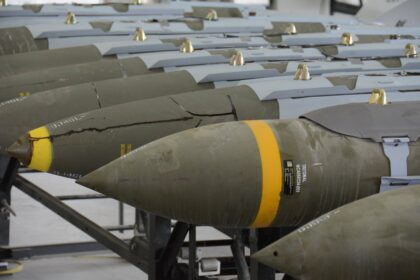China is edging closer to a landmark scientific breakthrough as Kaiwa Technology, a Guangzhou-based firm, prepares to unveil a humanoid robot equipped with a fully functioning artificial womb. The development, announced at the World Robot Conference in Beijing, could revolutionize reproductive science and redefine human fertility options.
According to Indian Times, the project is scheduled for a 2026 debut. Project lead Zhang Qifeng revealed that the core science behind the technology is already proven, with efforts now focused on integrating artificial womb capabilities into a humanoid robot for what the company describes as “interactive pregnancy.”
Artificial wombs are not entirely new. They mimic the uterine environment using synthetic amniotic fluid and a tube system that delivers oxygen and nutrients, similar to a natural umbilical cord. In 2017, US researchers demonstrated the viability of the technology by sustaining premature lambs in “biobag” incubators for several weeks.
What sets Kaiwa’s project apart is its ambition to create a self-sufficient robotic system capable of managing the entire process — from fertilisation through to full-term birth. If successful, it could provide a disruptive alternative to traditional surrogacy, with an estimated cost of about 100,000 yuan (£11,000), significantly lower than conventional methods.
Experts say the innovation comes at a critical time, with China and other nations grappling with declining birth rates and rising infertility. While the ethical debates surrounding artificial wombs remain intense, Kaiwa’s breakthrough may mark the beginning of a new era in human reproduction.















